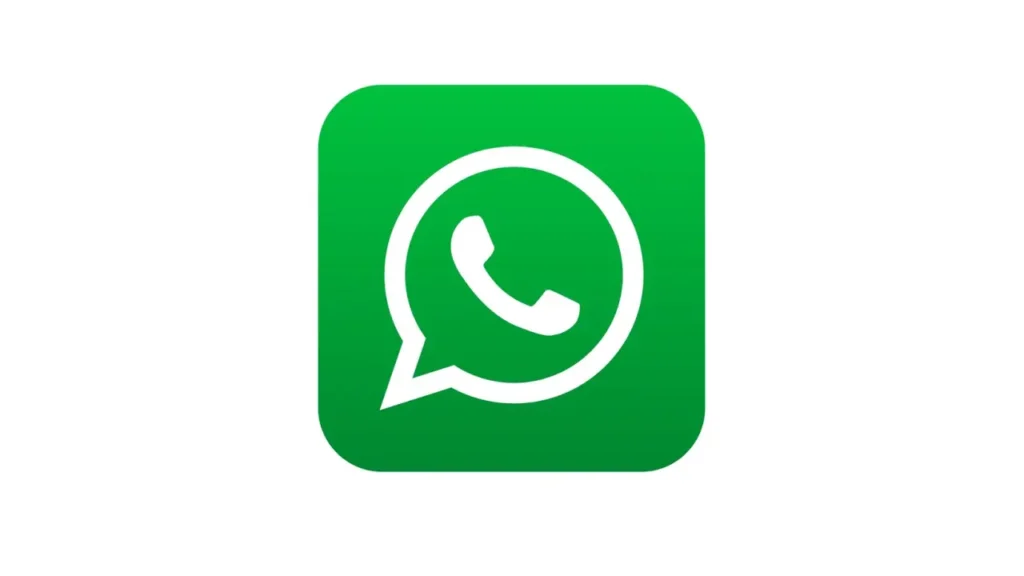WhatsApp is the world’s most popular messaging platform, and many users value their privacy. It’s natural to wonder if WhatsApp is open on another phone—perhaps you suspect your parents are monitoring you too closely or that your partner is accessing your WhatsApp without your knowledge. In such cases, you’ll want to confirm your suspicions to avoid unnecessary doubts.
Details That Show That WhatsApp is Open on Another Phone
Check Your List of Connected Devices
Like many messaging apps, WhatsApp provides desktop and web versions, allowing users to message from a computer while staying connected to their mobile account. These linked devices appear in the “Connected Devices” list, accessible through the app’s settings.
If someone wants to access your WhatsApp messages or send messages on your behalf, they must scan the QR code displayed on the computer screen using their phone. To check for unauthorized access, review your connected devices.
Steps to Check and Remove Suspicious Devices:
- Open WhatsApp on your phone.
- Android: Tap More options > Linked Devices.
- iPhone: Go to Settings > Linked Devices.
- Select any unfamiliar device.
- Tap Log Out to disconnect it.
For added security, you can log out from all devices and then reconnect WhatsApp with your phone as needed.
Strange Changes in WhatsApp Account
Have you noticed unexpected changes in your WhatsApp account without altering any settings? These may include:
- Modified privacy settings
- A new profile picture you didn’t set
- Unfamiliar messages sent to your contacts
If you observe any of these signs, it could mean someone has gained access to your account from another device.
WhatsApp Running Very Slowly
If your WhatsApp runs slower than usual, crashes frequently, or performs worse than other apps on your phone, it could indicate unauthorized tracking. Some monitoring programs operate in the background, potentially affecting performance—even if no suspicious messages appear in your chats. In such cases, your account may be under remote surveillance without obvious signs in your conversations.
Phone Overheating While Using WhatsApp
Another indicator of potential WhatsApp surveillance is abnormal phone heating. If your device remains cool during normal app usage but becomes noticeably hot specifically when using WhatsApp, this could suggest background activity. Such overheating may occur if a tracking program is running simultaneously while you use WhatsApp, forcing your phone to process multiple tasks at once.
These warning signs—unexplained performance issues, unexpected changes, or unusual device behavior—can help determine whether your WhatsApp account is being accessed from another device.
How Do I Know If Someone Is Using My WhatsApp?
To determine whether someone is actively using WhatsApp, you can look for these indicators:
- Profile Picture – If the person has set a profile picture, it typically means they have an active WhatsApp account.
- “Last Seen” Status – A visible “last seen” timestamp suggests recent activity on the app.
- Message Status – If messages you send show as “delivered” or “read,” it confirms they have access to WhatsApp.
- Direct Communication – Simply asking the person directly remains the simplest way to confirm their WhatsApp usage.
These methods can help verify whether someone is actively using the platform.
What Can I Do If Someone Hacked My WhatsApp Account?
If you suspect someone is attempting to access your WhatsApp account from another device, there are a few things to keep in mind, although your options are somewhat limited. It is advisable to immediately inform your WhatsApp contacts about the situation by sending a bulk message. This can help prevent them from becoming victims of any potential scams or misinformation sent from your compromised account.
An attacker might repeatedly try to register your phone number on their device, which will trigger WhatsApp to send you verification codes. If they request codes too many times, you may be temporarily locked out of your own account, sometimes for as long as 12 hours. The attacker’s goal is to obtain one of these verification codes to gain access to your account. This could result in you being unable to use WhatsApp while they have control.
In this scenario, the best course of action is to ignore any unsolicited verification codes you receive. By not sharing or entering these codes, you can continue to use your WhatsApp account normally and prevent the unauthorized access.
